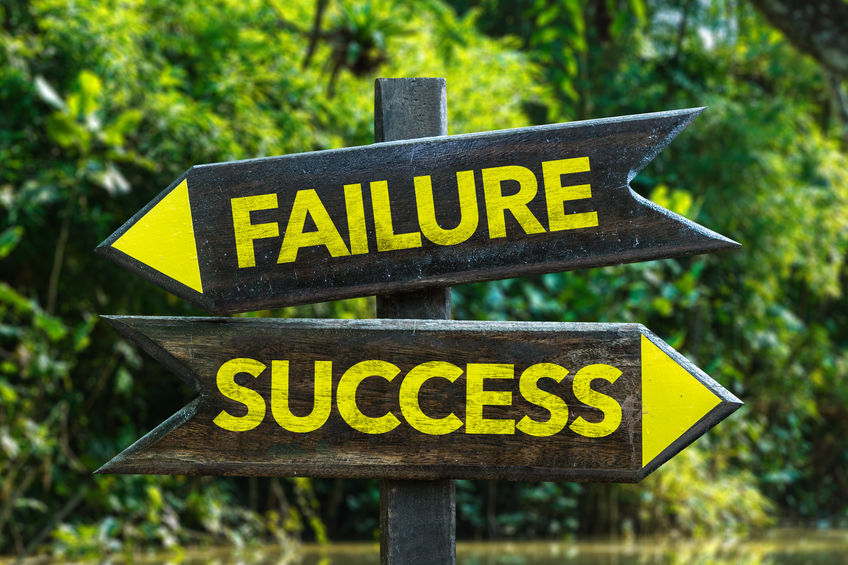Succeed or Fail – Which One Was It?

I recently completed a 10kms fun run, my aim was to run the whole length. This is what happened. The route was hillier than expected The heat was excessive – 32 degrees! My aim had to change, unable to run the whole distance Obstacles – They crop up unexpectedly; we need to do our due diligence. I should have checked the route and alter my aim, adjusting the expectations of myself. I hadn’t expected the heat to be so intense. I felt I had let myself down not running the whole distance, instead of focusing on the fact I still entered the event and completed the route Making Choices – During the run / walk, and after the first third, there was a choice of direction, 6km or 10km, I had entered the 10km; the heat being so intense, and my ‘plan’ being scuppered in that I had slowed to




